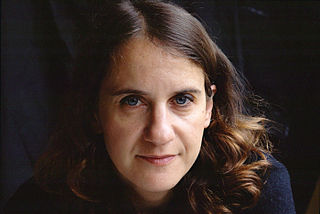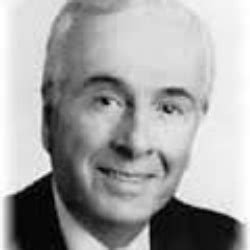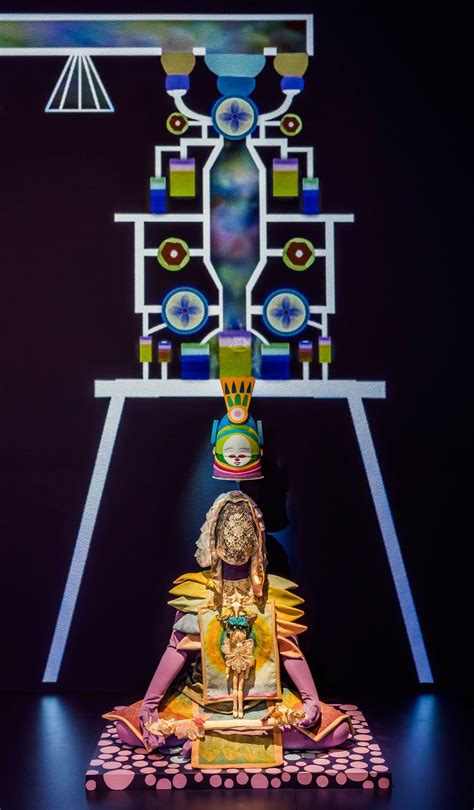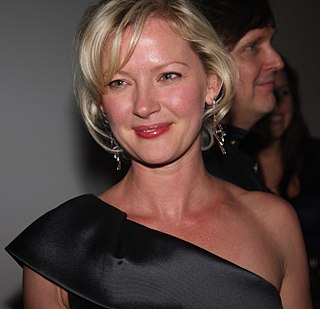A Quote by Thelma Schoonmaker
With digital editing, I now can make many, many versions of a scene.
Related Quotes
I feel more like a creative artist using photography because there's - the digital work is so interesting now. It's come to that. I have had many different stages of photography - there are many different ways to take photos. But I feel now I'm in that stage of my life where I use the camera, you know, in that way.
I mean, in the editing room, you sit there, and you're so happy about a lot of it. You've got these great actors, and the DP's great, and you love it... And then there's so much you're mad about. Cause you've made so many mistakes. So yeah, there're scenarios where you're like, "Ah, I wish I could change this. How do I make this better?" "No matter what I do, the scene's not working, what do I do?"
In every part of the world with which I am familiar, young people are completely immersed in the digital world - so much so, that it is inconceivable to them that they can, for long, be separated from their devices. Indeed, many of us who are not young, who are 'digital immigrants' rather than 'digital natives,' are also wedded to, if not dependent on, our digital devices.
[ Digital revolution ] only has allowed me to work faster, editing digitally, which I'm doing right now, a film on volcanoes. I can edit almost as fast as I'm thinking, editing with celluloid means always searching for this little reel of film, and number it, and scribble on it with some sort of pens, and gluing it together, and working on a flatbed. It's much, much slower.



































